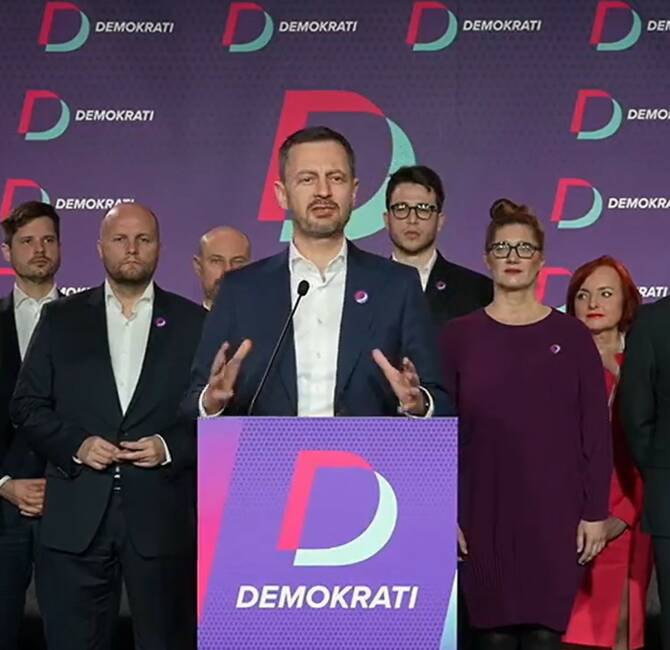Hungary/EU – Is the timing a coincidence? Probably not, as the same thing happened after the 2018 elections in Hungary: only two days after the Hungarians handed the Fidesz-KDNP coalition another mandate with a two-thirds majority in their 3 April parliamentary elections, the European Union set in motion a new sanctions procedure against the small Central European country whose political choices are widely disliked in Brussels.
Triggering the “conditionality mechanism” procedure
Indeed, during a Q&A session with MEPs on Tuesday, 5 April, the President of the European Commission, Ursula von de Leyen, announced that it had been decided to activate the brand-new “conditionality mechanism” against Hungary. The much-discussed mechanism’s official name is the “general regime of conditionality for the protection of the Union budget”, and it is supposed to allow the EU to withhold funds from the EU budget and recovery plan to a member state
if it is needed to protect the EU’s financial interests against rule-of-law violations.
On 16 February, the European Court of Justice rejected the Hungarian and Polish objections to this mechanism, giving the Commission the green light to use it against member states. On Tuesday, Von der Leyen was asked a question on this subject from the far-left Belgian MP Philippe Lamberts (Group of the Greens/European Free Alliance). Lamberts, an activist of the Belgian party Ecologistes Confédérés pour l’Organisation de Luttes Originales (Confederate Ecologists for the Organisation of Original Struggles), said, verbatim (see the video of the session from 8’30): “I would like you to elaborate a little on the actions you intend to undertake in the coming weeks, because what happened last Sunday in Hungary shows the result of the government’s total control over the media.”
The Commission President’s answer drew applause from MEPs: “Commissioner Hahn has today spoken to the Hungarian authorities and informed them that we will now send the letter of formal notification to start the conditionality mechanism.
As you know, this triggers a procedure that has specific timelines, so a process is going on now. ”
In practice, the procedure that was launched two days after the 3 April parliamentary elections is expected to last another six to eight months before concrete sanctions can be imposed on Budapest, and Viktor Orbán’s government still has the opportunity to implement corrective measures in response to Brussels’ criticisms. It should also be remembered that
any suspension of European payments for Hungary must, if necessary and at the express request of the Commission, be approved by at least 15 Member States (out of 27), representing at least 65% of the EU’s population.
Meanwhile, the Next Generation EU recovery funds for Hungary (and also for Poland) remain withheld by the Commission.
Von der Leyen’s announcement about the new conditionality mechanism’s activation was immediately followed by a drop in the value of the forint on financial markets, and the Budapest stock exchange’s BUX index lost 3.55%.
No proceedings against Poland yet… but no release of funds, either
In addition, when questioned by Dutch MEP Sophie in’t Veld (Renew Europe), Ms. von der Leyen stated that the European Commission did not intend to approve the release of Poland’s recovery funds for now. Brussels’s withholding of the Next Generation EU funds intended for Poland is a possible reason behind Poland’s veto against a compromise proposal this week to implement the internationally agreed minimum effective tax rate of 15 per cent on corporate profits. Polish Justice Minister Zbigniew Ziobro had recently called for
“blocking decisions that require unanimity until the EU has fulfilled all its obligations to Poland”.




